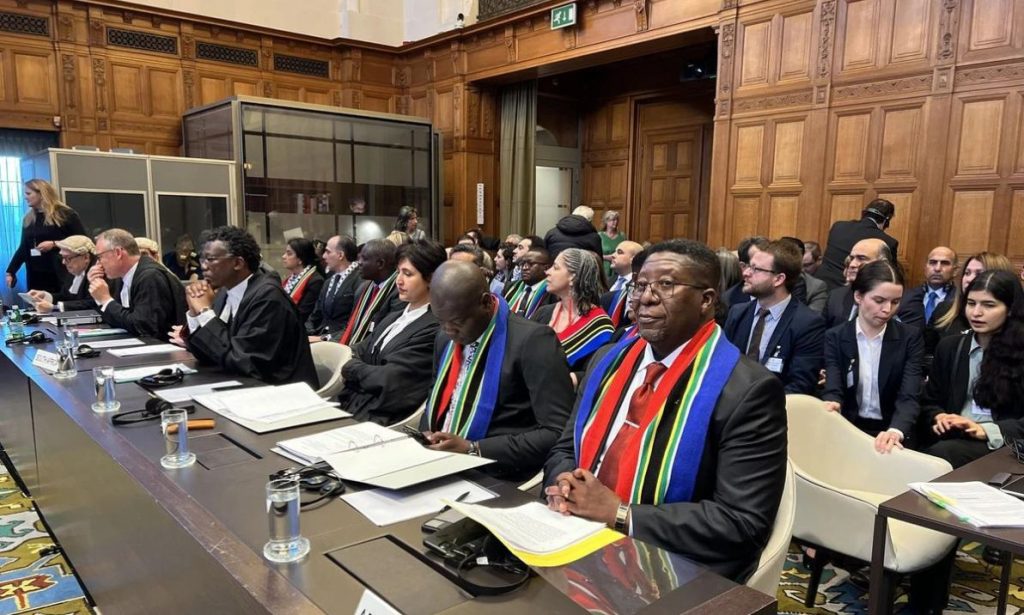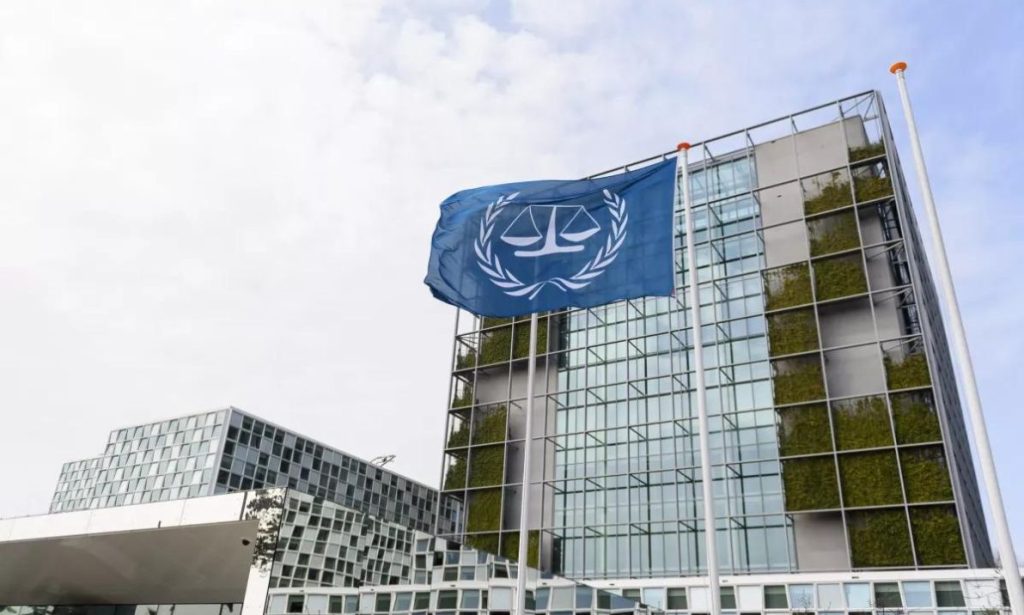After the two-day hearing at the International Court of Justice (ICJ), the world is now waiting for further proceedings, hoping that a provisional measure will be taken within weeks.
The ICJ, also known as the ‘World Court,’ was established post-Word War II atrocities, especially after the displacement and massacre of the Jewish people. Now, it sees the trial of the Israeli state. What is next, and how does the ICJ work in such cases?

Deciding On South Africa Allegations
Currently, the court has to decide whether the allegations brought by South Africa against Israel fall under the Genocide Convention or not. During the first session held on January 11th, South Africa requested the ICJ to issue a provisional rule to “immediately suspend Israel’s military operations in and against Gaza.”
What Are The Provisional Measures?
In contrast to the lengthy process leading to the court’s final verdict, which often takes years or even a decade, as seen in a prior case such as Croatia against Siberia that took over ten years to reach a final sentence, a provisional measure is an emergency one that the court can order to prevent any further escalation to the case.
Biding Decisions With No Enforcement Power
Although ICJ doesn’t allow for pleading, its judgments hold no enforcement power. This means that Israel can disregard the order to ceasefire or end military intervention in Gaza.
What If Israel Doesn’t Submit Valid Preliminary Measures
If Israel doesn’t submit valid preliminary measures, the ICJ will then proceed through the ‘merits phase’ where South Africa is called on to submit documents that Israel committed genocide in Gaza. After that, it’ll reassess the evidence and make a final decision.
WE SAID THIS: Don’t Miss...Closing the Case: ICJ Hearings Come To An End. What Happened? What Now For Palestine?



